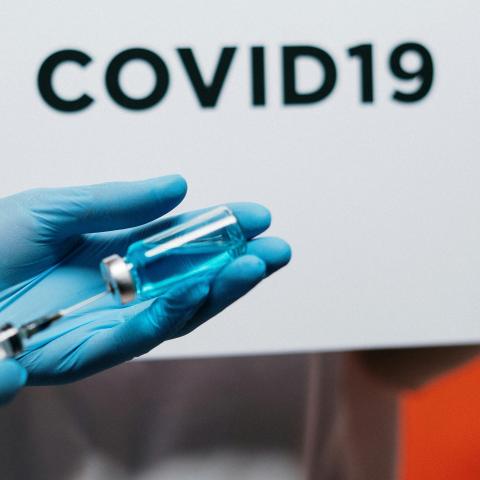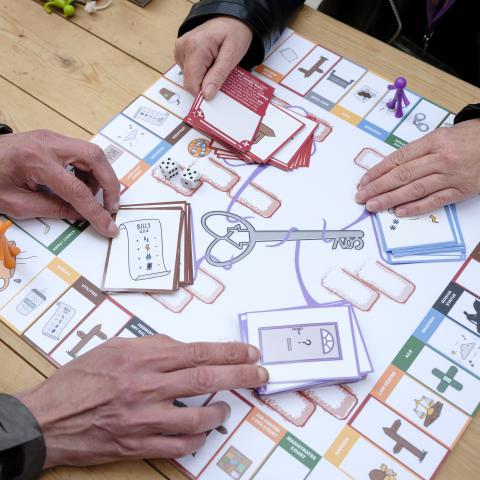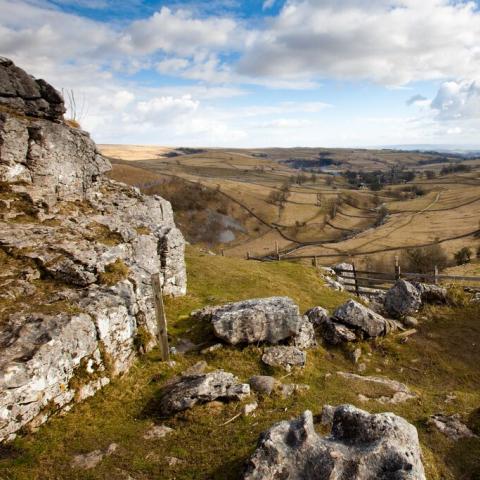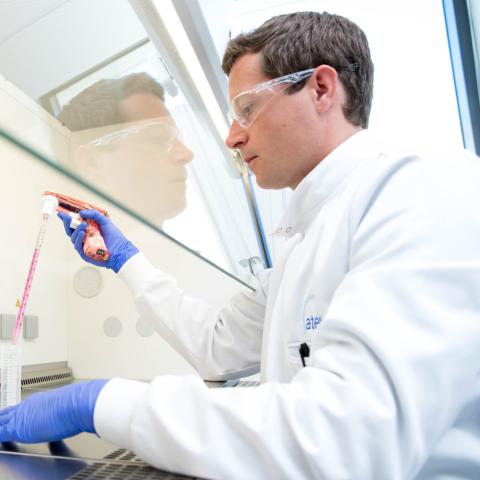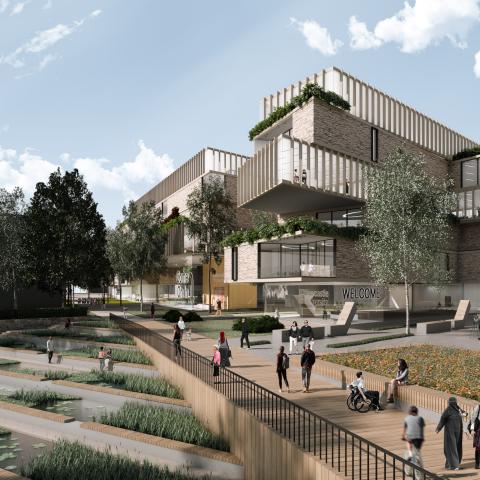Impact
Real-world examples highlighting the positive economic, societal and cultural impacts of Russell Group universities in every region and nation of the UK.
Feature: Access & participation
19 February 2025
Impact story
Access & participation
University of Exeter
University of Exeter's bespoke access pathway for mature students

20 January 2025
Impact story
Access & participation
UCL
UCL partnerships are widening access to HE for pupils across London
15 February 2025
Impact story
Access & participation
Research
University of Warwick
The Warwick study making life better for care leavers
17 January 2025
Impact story
Access & participation
University of Oxford
